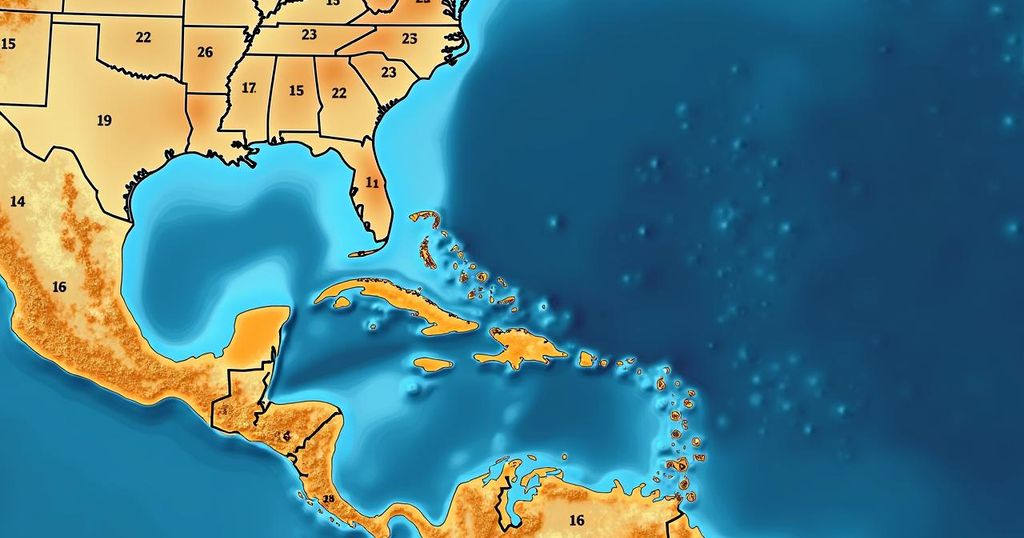Identifying Safer States: Evaluating Hurricane Risks and Homeowner Security
The article addresses the safety risks associated with hurricanes, particularly following Hurricane Helene’s devastation, and emphasizes the importance of selecting homes in lower-risk states. Such decisions can alleviate concerns about property damage, recovery costs, and emotional stress, enabling homeowners to better manage potential natural disaster impacts.
In the wake of the devastating Hurricane Helene, which resulted in numerous fatalities and extensive property damage, the question arises: which states may be considered safe from hurricanes? The recent events have heightened awareness of the risks associated with hurricanes, leading many to consider relocation to areas with lower natural disaster threats. Across the United States, extreme weather conditions, including hurricanes, floods, and wildfires, have increased significantly, with substantial economic impacts and threats to homeowner safety. As homeowners grapple with rising insurance costs and the fear of property damage, it is crucial to understand which regions present reduced risk. Realtor.com has undertaken a study identifying the states with the least exposure to hurricane damage, using environmental risk scores to evaluate properties based on their vulnerability to hurricanes and floods. The analysis ranks states according to the proportion of homes situated in low-risk areas compared to those in high-risk zones. It is noteworthy that while some regions are severely impacted by extreme weather, there are areas where the risks are significantly diminished. Consequently, individuals contemplating real estate purchases are encouraged to consider the potential risks associated with climate-related disasters. By selecting properties located in states with a lower probability of hurricane damage, homeowners can mitigate future recovery challenges and financial burdens. The findings revealed that certain states showcase a high percentage of homes at minimal risk, thus making them appealing options for prospective buyers seeking security from natural calamities. The analysis underscores the importance of informed decision-making in the real estate market, especially in these unpredictable times.
The article discusses the increasing prevalence of natural disasters, particularly hurricanes, in the United States and the impact this has on homeowners. The alarming statistics on hurricane damage, rising insurance costs, and climate change effects highlight the need for individuals to consider safer living areas. Given the toll of recent storms and evolving weather patterns, this information becomes critical for prospective homeowners to understand the environmental risks associated with their property choices.
In light of the increasing frequency and intensity of hurricanes and other natural disasters, it is imperative for individuals to be informed about the risks associated with home purchasing. By assessing properties based on environmental risk scores, prospective homeowners can make educated decisions regarding their safety and financial stability. The identified states with the lowest hurricane risk provide viable options for those seeking refuge from the threats posed by extreme weather.
Original Source: nypost.com




Post Comment